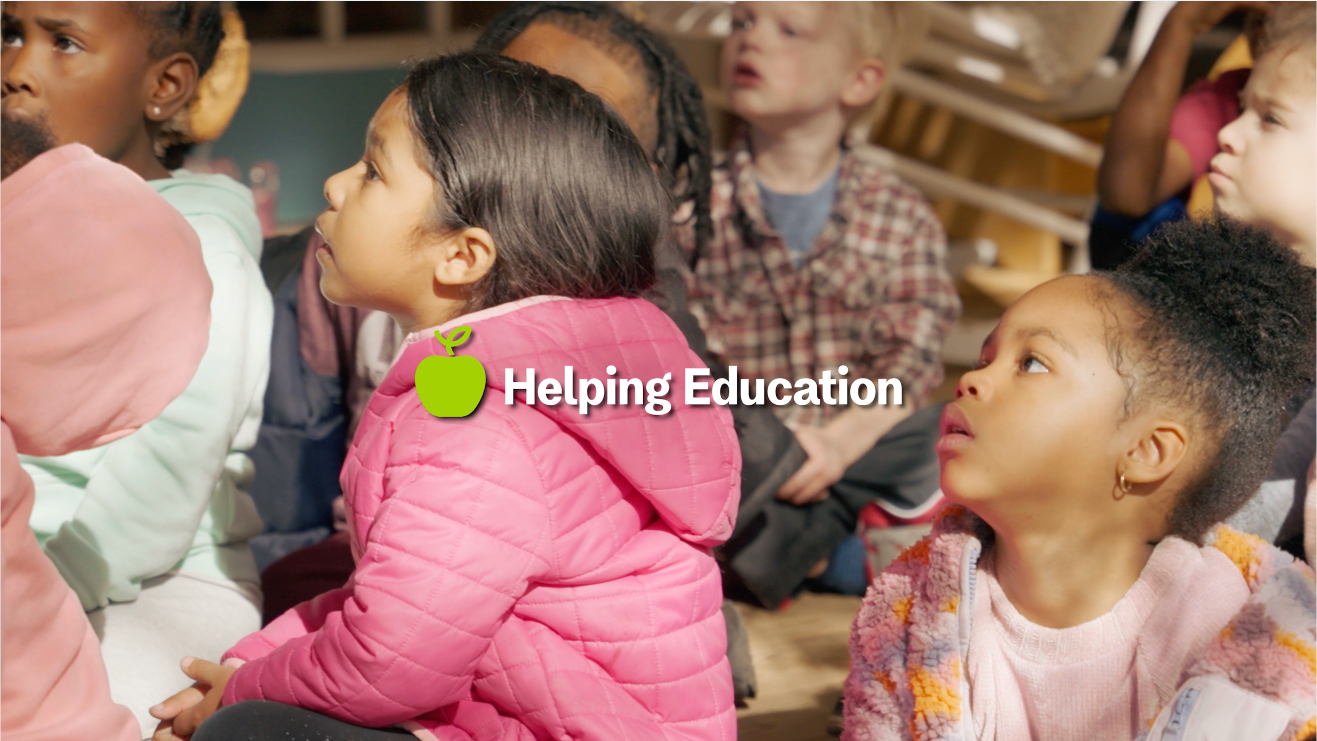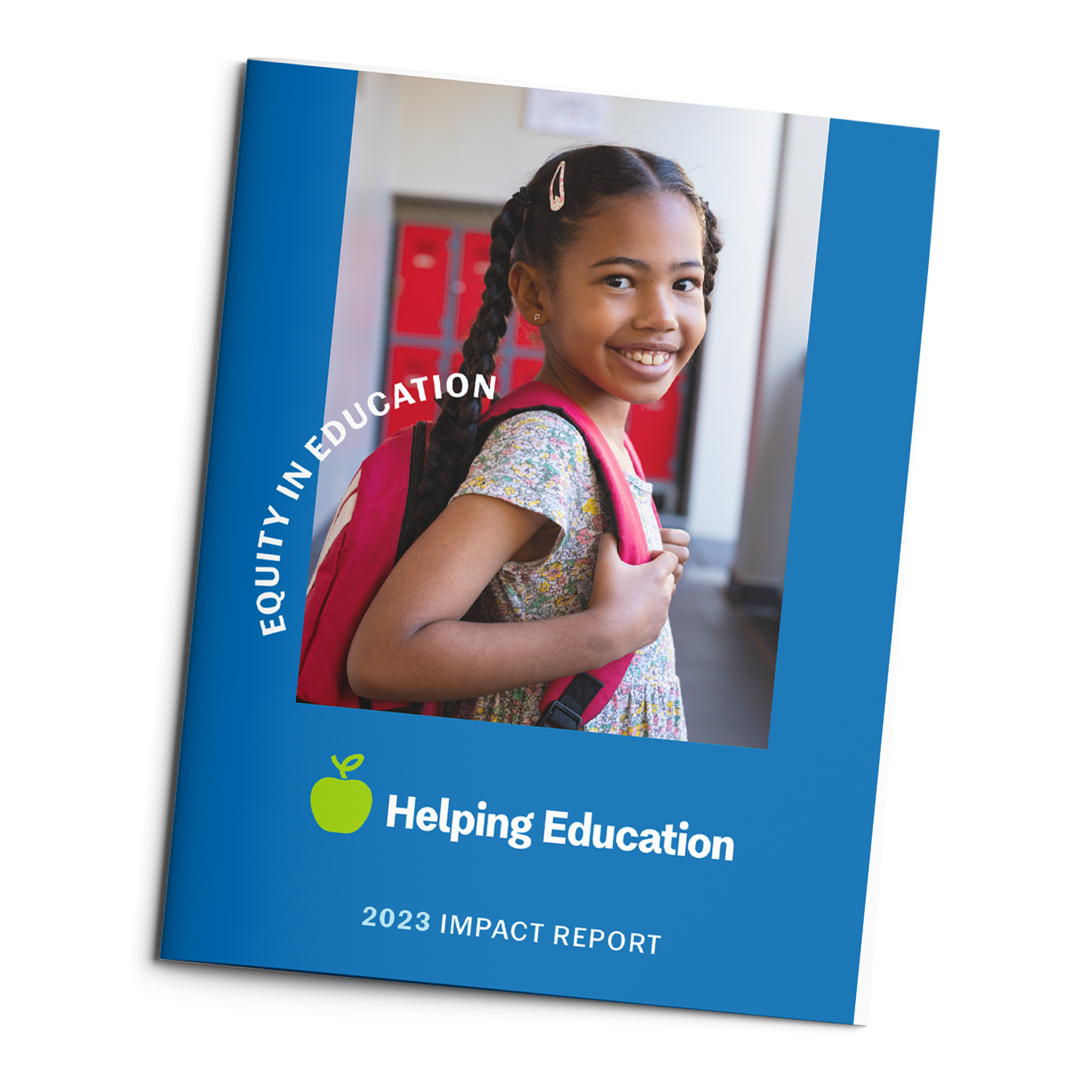Advancing learning outcomes and promoting equity in education
Join us to empower historically marginalized students and communities through evidence-based programs to build essential skills for long-term success.

Limited access to quality education hinders equitable opportunities. We provide research-backed programs for lifelong success.
Educational inequality is evident among historically underserved students and communities. We work to bridge the gap using outcome-based methods and practical implementation for lifelong success.
Programs & Services
We take a holistic approach, from early childhood to adulthood, emphasizing core skills, including literacy, academic excellence, and family involvement, to address diverse educational needs.

Early Education
We equip educators and engage parents to nurture core literacy skills in children aged 0-5.

Academic Foundations
We pave the way for long-term student success with a focus on core subjects.

Family Literacy
We empower adults to enhance their own literacy skills and create enriching environments for children.
Support Our Work
Your support enables us to create brighter educational futures for students, families, and educators. Consider making a financial contribution today to help us continue our vital work.

Stay Informed. Transform Education.
Join our email list for updates on educational equity and opportunities to make a difference.



